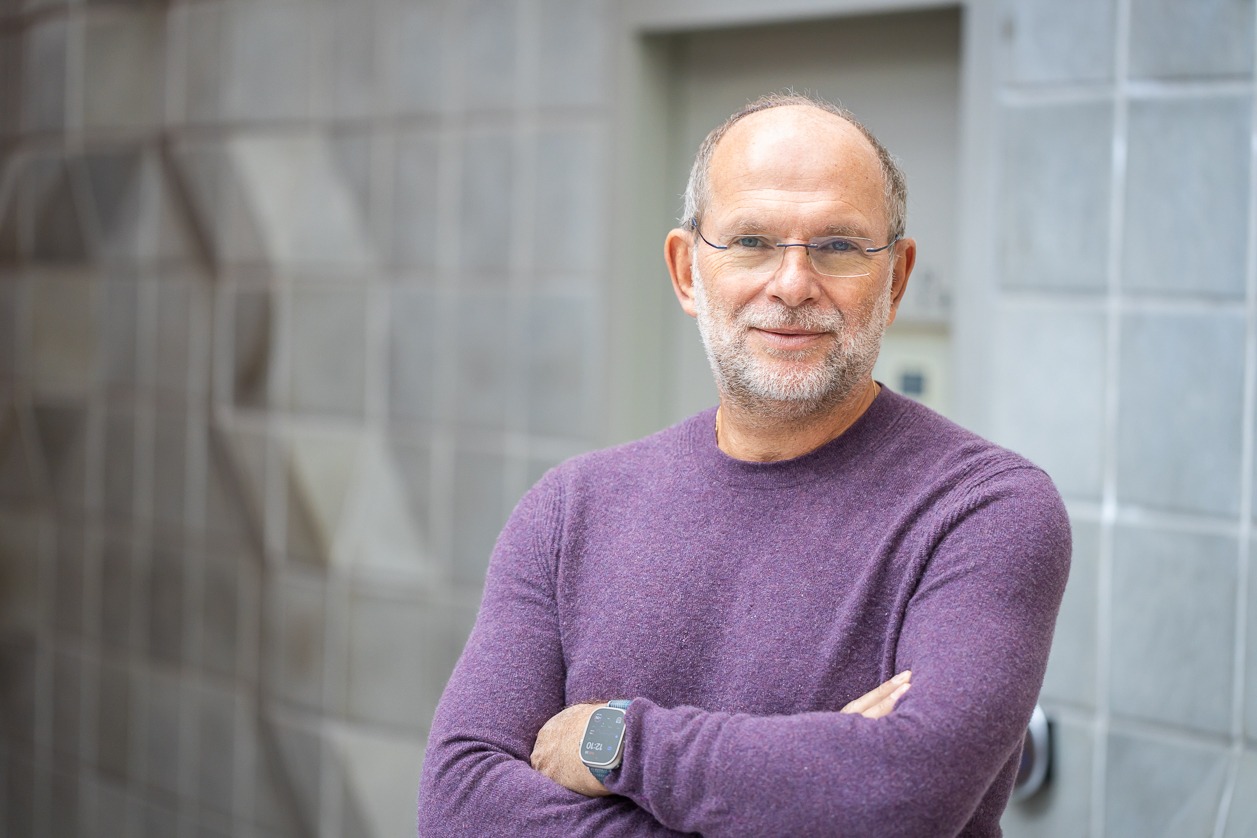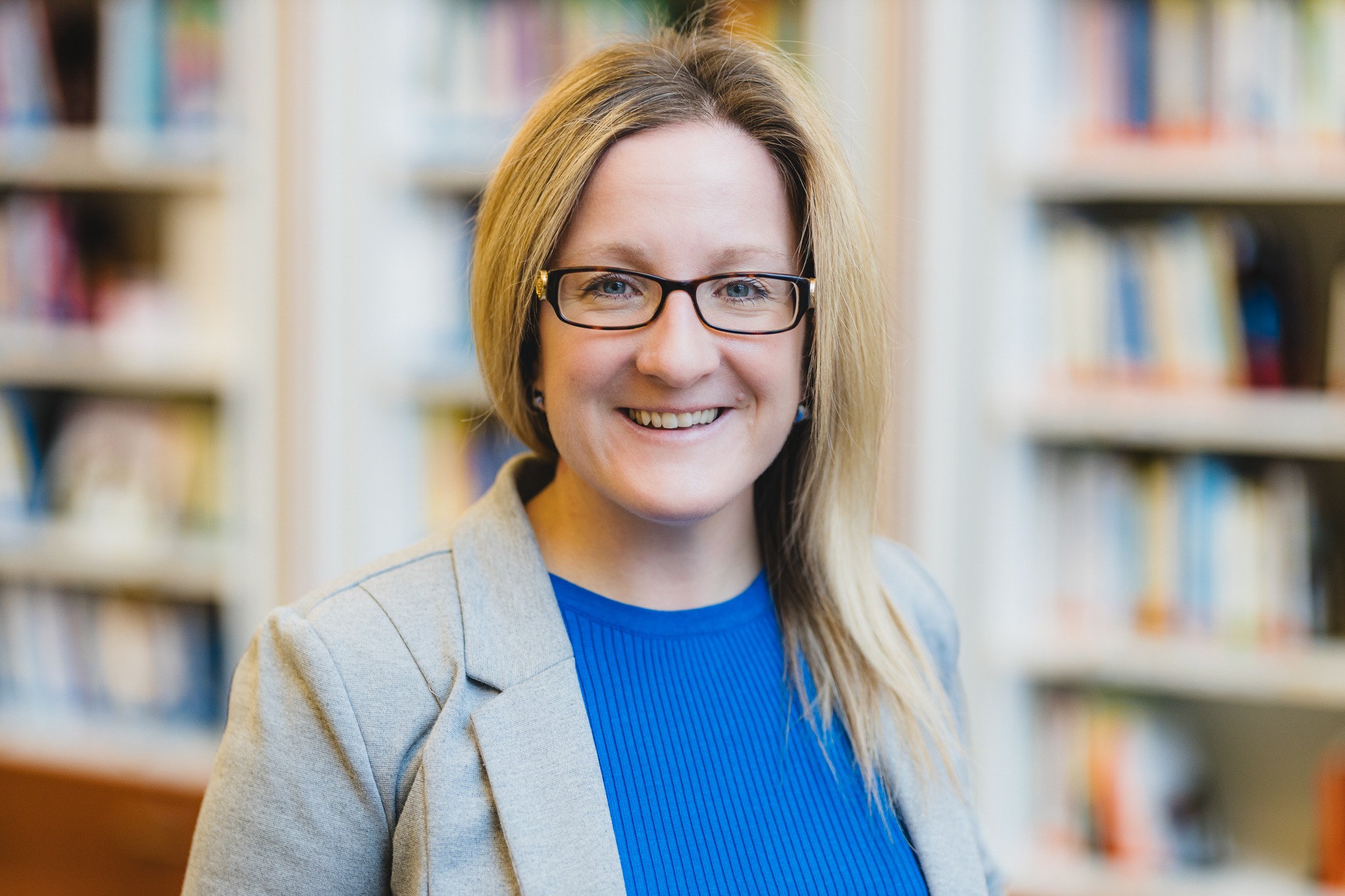
Pregnant bellies: a crystal ball for long-term health outcomes
Did you know that the cause of diabetes in a middle-aged person probably originated while they were inside their mother’s womb? Research shows that if a pregnant person has gestational diabetes, their child is five times more likely to be diagnosed with diabetes decades later, at age 40 or older.
And what about the pregnant person who gets high blood pressure while carrying? That parent is four times more likely to experience a heart attack at age 50.
These are just two examples of why it’s vital for researchers specializing in pregnancy, childbirth, and children’s health to consider the whole patient across their lifespan, says Dr. Jon Barrett, a Hamilton Health Sciences (HHS) obstetrician and researcher, and a world-leading expert in high-risk pregnancies.
It’s a major shift from the current practice in Canada and worldwide of focusing on ages and stages without a broad and in-depth look into how they’re all connected, and the long-term impacts that those connections may have on a person’s health over their lifetime.
Everything is interconnected

The health of the pregnant person has a significant impact on that child’s lifelong health. Stock photo
“Everything is interconnected, so a child’s health into adulthood starts with the pregnant person,” says Barrett, the head of McMaster University’s department of obstetrics and gynecology, and the F.L. Johnson Chair in women’s reproductive health research. He also cares for high-risk pregnant patients directly, as an obstetrician at HHS’ McMaster University Medical Centre and St. Joseph’s Healthcare Hamilton.
“The health of the pregnant person affects the child after they’re born and has a significant impact on that child’s lifelong health,” says Barrett. “Yet worldwide, research into what makes healthy children isn’t integrated with what makes healthy mothers.”
Improved collaboration among the research community could help change this for the better, says Barrett, adding that Hamilton’s research community is already extremely supportive of each other and welcomes opportunities to work even more closely together.
A lifelong passion
Barrett grew up in South Africa, where as a child he was fascinated by his father’s work as an obstetrician. “From my earliest memories, it’s all I wanted to do,” says Barrett, who as a boy would join his father on rounds to visit patients. By the time Barrett was 16 years old, he was assisting his father in his practice.
Much of his career was spent in Toronto, but when the Chair position at McMaster presented itself two years ago, he relocated to Hamilton. “A Chair is a prized position for any academic because it provides an opportunity to bring system-wide change and improvements to an institution,” says Barrett. “As a result, we have the potential to improve our knowledge, and health outcomes for many more people.”
HHS’s McMaster University Medical Centre hosts one of Ontario’s largest labour and delivery programs and shares its building with HHS’ McMaster Children’s Hospital (MCH). MCH provides care for children from infancy to age 17 through a family-centred approach that accounts for the child’s emotional, mental and physical well-being.
“We have a regional responsibility to heath care, and that extends to research,” says Barrett.



